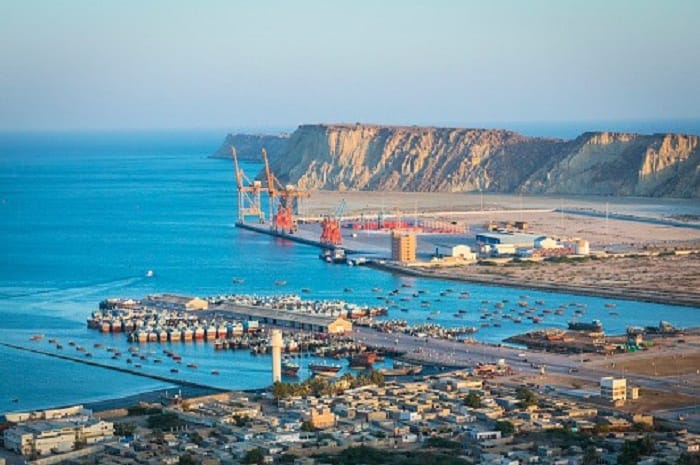Gwadar Export Earnings: Pakistan Allows Chinese Firms to Retain 50%
In a major policy shift, Pakistan has allowed Chinese companies operating in the Gwadar Free Zone to retain 50% of their export earnings in foreign currency accounts, enabling them to make overseas payments without prior approval from the State Bank of Pakistan (SBP).
This decision marks a significant incentive for investors in Gwadar, a critical part of the China-Pakistan Economic Corridor (CPEC), and is expected to encourage more active participation from Chinese firms in Pakistan’s economic zones.
Key Features of the Export Earnings Policy
The government has approved this facility to support Chinese investors operating in Gwadar’s special economic zone. According to sources cited by the Express Tribune, the retained funds can be used for current account transactions, including paying for imports, consulting fees, or other operating expenses abroad.
The SBP has indicated that to make this policy long-term, Pakistan may need to amend the Gwadar Port Authority Act to align it with Export Processing Zones (EPZs). Additionally, relevant sections of the Foreign Exchange Regulation Act of 1947 may need to be waived.
Timing of the Decision
This announcement comes just ahead of Prime Minister Shehbaz Sharif’s upcoming visit to China in late August for the Shanghai Cooperation Organisation (SCO) summit. Analysts suggest the move is strategically timed to strengthen trade ties and investment flows between Pakistan and China.
A government committee, including top officials like Planning Minister Ahsan Iqbal, Commerce Minister Jam Kamal Khan, and SAPM Haroon Akhtar, has been actively reviewing policies to enhance foreign direct investment (FDI) in Pakistan.
Infrastructure Bottlenecks in Gwadar
Despite strong policy moves, Gwadar still faces infrastructure challenges. The committee has directed the Energy Ministry to provide temporary electricity via the Pakistan Navy to power the city’s desalination plant. Meanwhile, the Power Division has been instructed to expedite grid connectivity for the Rashakai Special Economic Zone.
These steps are essential for resolving energy and water shortages that have hindered the development of Gwadar for years.
Barriers to Investment and Proposed Solutions
Key investment barriers identified by the committee include:
Unpredictable policy changes
Delays in profit repatriation
Exchange rate fluctuations
Security concerns
To overcome these issues, the government is finalizing a sector-specific pitch book to attract investments in high-growth sectors such as:
Chemicals
Steel
Copper
Electric Vehicles (EVs)
Solar Panels
Information & Communication Technology (ICT)
Food Processing
Additionally, Pakistan’s ambassador to China, Khalil Hashmi, has suggested holding a Business Conference in Tianjin on September 2 to boost investor confidence. However, some officials remain skeptical due to limited success from similar past events.
Conclusion: Gwadar Gaining Momentum
The new policy allowing Chinese firms to retain 50% of their export earnings could be a turning point for Gwadar’s economic viability. If backed by solid infrastructure development and consistent policy execution, Gwadar could finally live up to its potential as a regional trade and investment hub.
This strategic decision shows Pakistan’s intent to support foreign investors, stabilize economic zones, and create a more business-friendly environment in critical areas like Gwadar.
Read More Here:
Pakistan’s Seafood Exports Surge to $465 Million in 11 Months
















